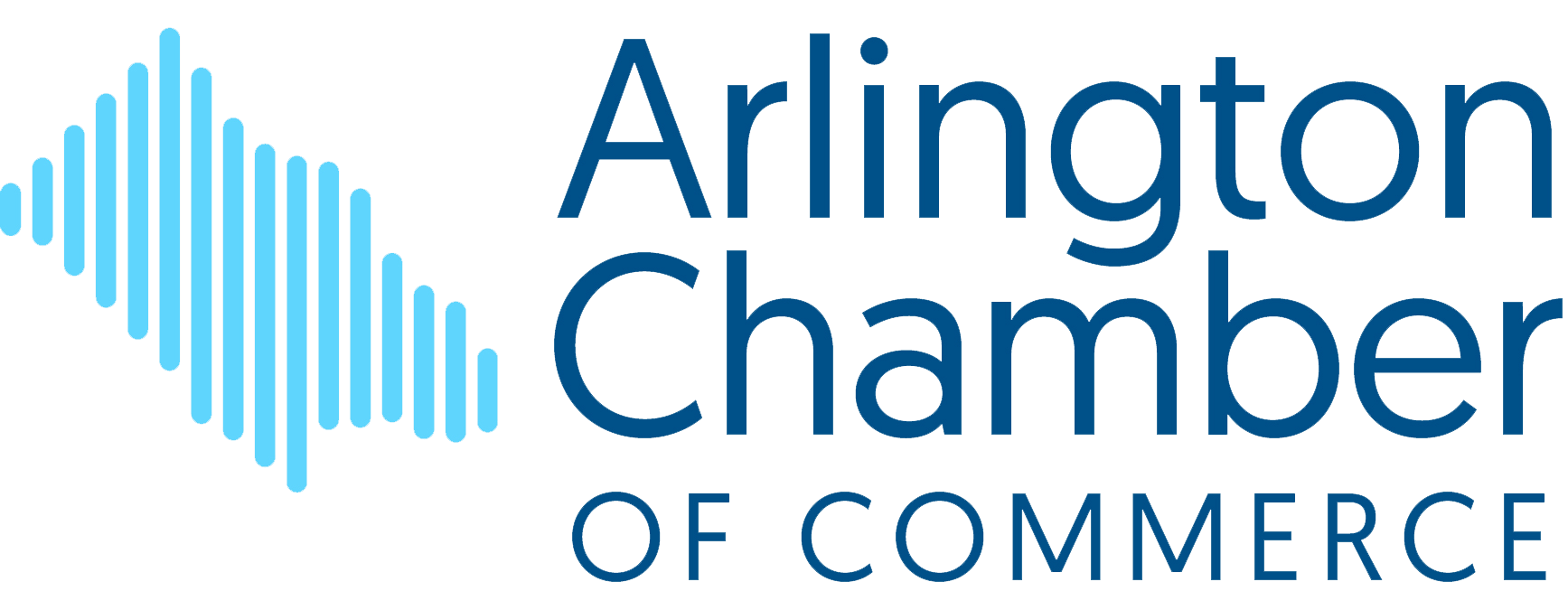There’s been more and more good news lately about the state of the job market. That’s encouraging for jobseekers, but could cause some anxiety for HR professionals in Arlington. Companies in metro areas like ours are finding it harder to recruit and retain lower-wage employees who cannot afford to live near their jobs. It’s no surprise as the median sales price of an Arlington home tops $500,000, according to data from RealEstate Business Intelligence.
With the improving job market, it’s only a matter of time before these essential employees look for work closer to their homes to shorten their long commutes, and reduce their transportation costs and their housing expenses. The County’s February 2015 draft Affordable Housing Master Plan highlighted this challenge to the economy: “…workers in lower-wage jobs across all industries form the backbone of the County’s economy, supporting business functions, providing resident-based goods and services, and serving the thousands of visitors who come to Arlington each year. Without a sufficient supply of housing affordable to lower-wage workers, it will become increasingly difficult for the County to attract and retain a diverse workforce and to continue to grow a vibrant, sustainable local economy in the future.”
Employers can take steps to help address this issue. One approach, Employer Assisted Housing (EAH), is gaining more attention recently with the introduction of a bill (“Housing America’s Workforce Act”) sponsored by New York Congresswoman Nydia M. Velázquez. The bill would offer employers a tax credit for providing their employees with housing assistance.
There are some interesting EAH programs around the country that local employers could replicate, which the Urban Land Institute’s Terwilliger Center for Housing, highlighted in a recent article. Typical forms of EAH include down-payment assistance, forgivable loans and homeownership education classes. Some EAH strategies, such as the initiative championed by the Metropolitan Planning Council serving the Chicago area, emphasize public- and private-sector incentives.
Universities are among the employers at the forefront of EAH programs. The University of Chicago’s EAH program offers forgivable loans to encourage its employees to purchase a home near its campus. Locally, George Mason University created an award-winning workforce housing development, consisting of 156 rental units for its employees and graduate students, through a public/private partnership.
We, at Habitat for Humanity of Northern Virginia, see first-hand how affordable housing transforms lives in our area. Stable housing, like that offered by affordable homeownership, provides increased financial security, a sense of pride and an environment in which children can thrive. Providing more of these opportunities in Arlington would help employers recruit and retain talented, lower-wage employees who otherwise could not afford to own a home in the County.
Noemi B. Riveira is Director of Real Estate Development for Habitat for Humanity of Northern Virginia. You can reach her at 703-521-9890, est. 101, or [email protected].



 RSS Feed
RSS Feed
